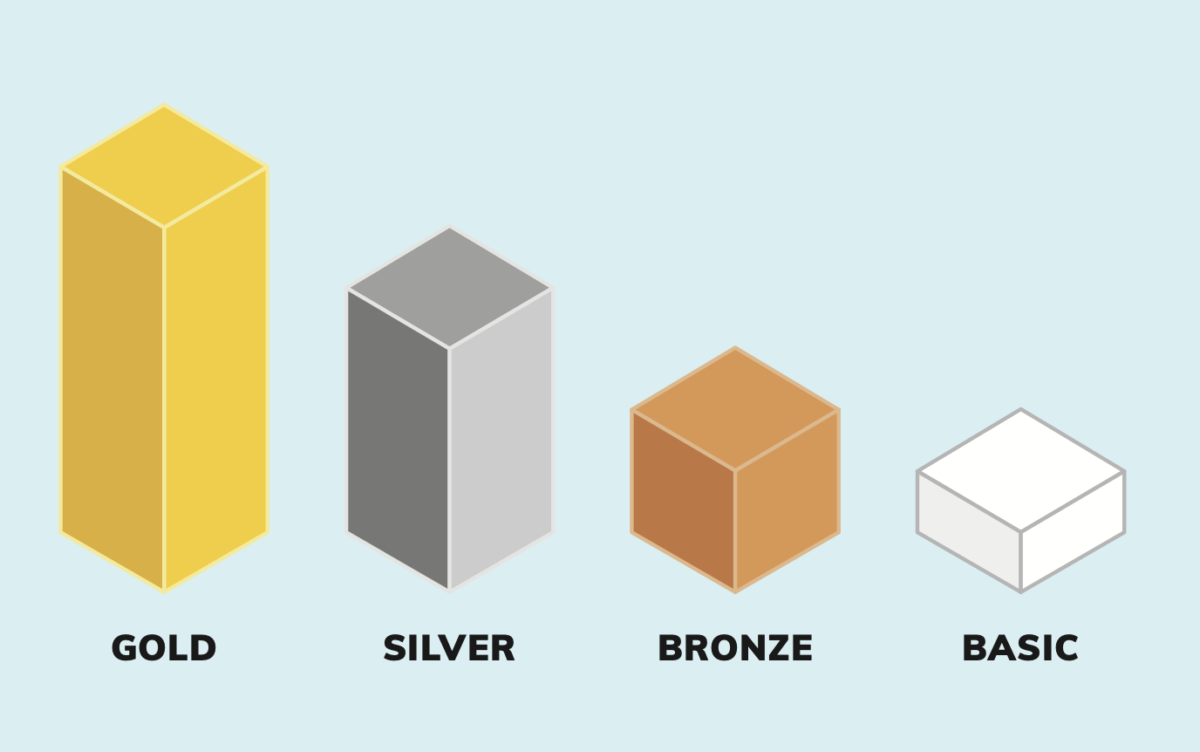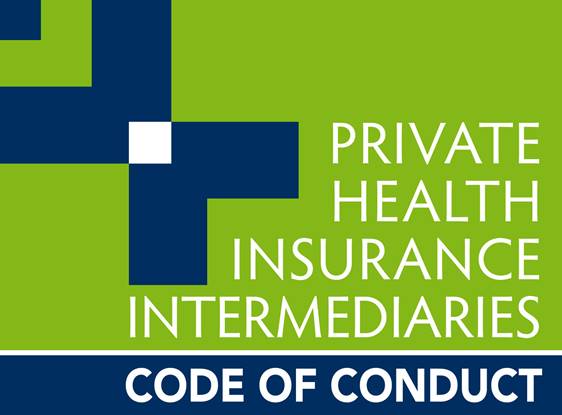In Australia, there are more than 30 insurers offering a wide variety of distinct private health products.#These health funds can be broadly categorised into three main types: for-profit, mutual and not-for-profit.
For-profit health funds
are owned by shareholders and are operated to make a profit. They are required to pay dividends to their shareholders and must also meet the same regulatory requirements as other types of health funds.
Not-for-profit health funds
are not operated to make a profit and instead, any surplus is used to improve the services and benefits provided to members. They are also subject to the same regulatory requirements as other types of health funds.
Mutual health funds
are owned and controlled by their members. They are operated on a not-for-profit basis, with any surplus being used to improve the services and benefits provided to members. Mutual health funds must also comply with the same regulatory requirements as other types of health funds.
In addition to these three types of health funds, there are also the government-funded health optionsincluding Medicare and the Pharmaceutical Benefits Scheme (PBS) which provide coverage for certain medical expenses.
Top 10 Private Health insurance companies in Australia by Market Share*
| Insurer Name | Market Share |
| Medibank | 27.3% |
| Bupa | 24.8% |
| HCF | 11.9% |
| nib | 9.3% |
| HBF | 7.3% |
| Australian Unity | 2.5% |
| Teachers Health | 2.5% |
| GMHBA | 2.1% |
| Defence Health | 0.4% |
| CBHS | 0.1% |
When choosing a private health fund, it’s important to consider the type of coverage you need, and the benefits offered by each fund. It’s also important to compare the costs and benefits of different funds, as the cost of premiums can vary significantly between policies.
In conclusion, with over 30 registered health funds in Australia+ as of January 2023, each health fund offers a different set of coverage options and benefits, so it’s important to compare the costs and benefits of different funds to find one that best suits your needs.
To explore your health fund options visit us to compare health insurance in Australia
speak to one of our friendly team members on 1300 861 413 hello@health.compare
References:
#ACCC
What would the waiting period look like?
To compare health insurance funds and work out which cover is best for you
Speak to one of our friendly team members about your health insurance policies today – Telephone 1300 861 413 or email us at hello@healthmarketing























































